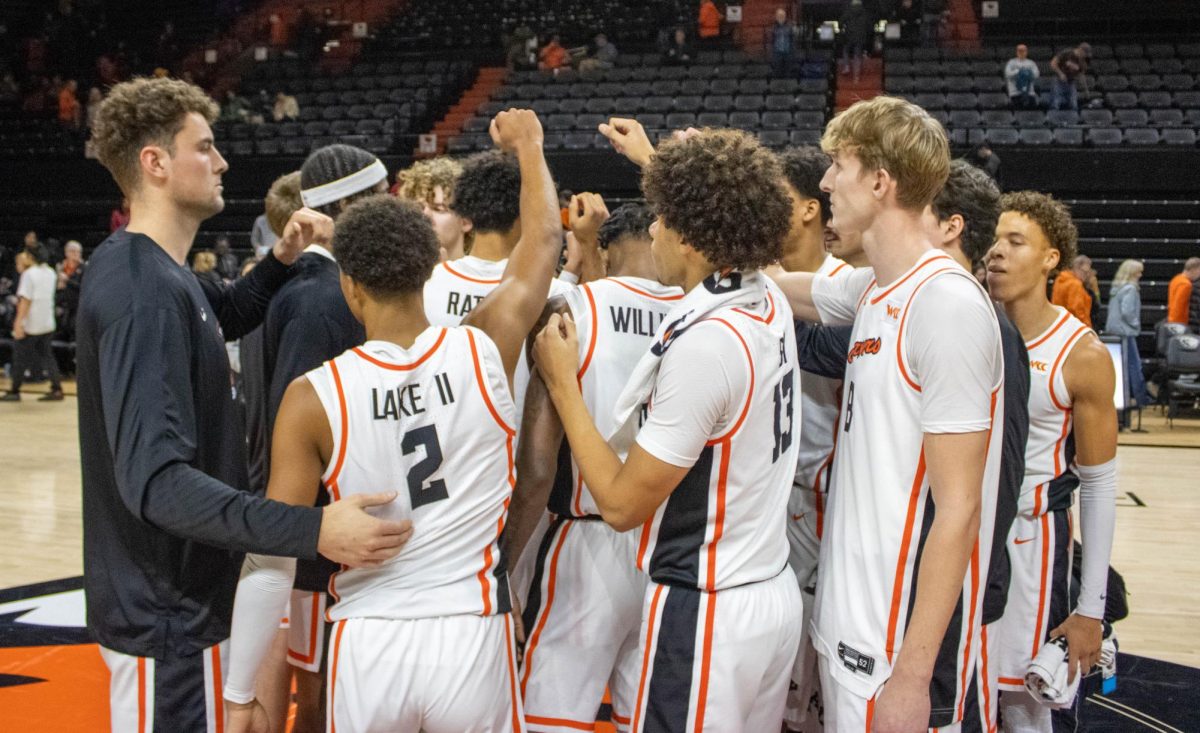President-elect Donald Trump’s return to the Oval Office could have far-reaching implications for college athletics, from issues of gender equality to athlete compensation and even the role of politics in sports governance.
As debates surrounding college sports continue to evolve, Trump’s administration could play a pivotal role in shaping the policies and narratives that will come to define the upcoming era of collegiate athletics.
One potential flashpoint under Trump’s leadership in D.C. could be the treatment of gender in sports, especially in light of the nation’s ongoing disputes around transgender athletes.
In a recent article from The Washington Post titled, “A volleyball player’s gender led to secret votes, pressure campaigns and forfeits,” the Post follows the intense debates playing out across the nation in both high school and college sports.
If Trump’s past comments and policies are any indication, his administration may be in support of tightening restrictions on transgender athletes, then aligning with state-level efforts to limit participation based on biological sex.
Such a stance from the White House could possibly embolden similar movements within collegiate sports, leading to a more polarized game on the field.
In a series of articles from Sports Business Journal, the discussion surrounding name, image and likeness enters into a new playing field, so to speak. The conversation centers on how the president’s approach to NIL deals could significantly alter the current trajectory of athlete compensation.
During his first term in office, Trump often championed the deregulation of various industries. His second term could involve advocating for less federal oversight in NIL agreements.
This would leave the NCAA and individual conferences to navigate the complexities of athlete compensation independently. It could also potentially widen certain disparities between schools with robust financial backing and those struggling to keep up.
Another issue is the ongoing push to recognize college athletes as employees. The recent preliminary settlement in the House v. NCAA court case, as reported by the athletes.org website, suggests a growing momentum for labor rights within college sports.
Trump’s pro-business stance could place him at odds with such movements, potentially leading to legal battles over athlete unionization and employment status. However, on the contrary, Trump’s administration might be able to find common ground with the NCAA in opposing federal mandates which would redefine the amateur model.
Trump’s influence on college sports might turn out to extend beyond policy. His inclination to use cultural issues as political battlegrounds may deepen divisions within the sports community.
This could manifest itself in a multitude of ways such as conflicts over the national anthem during sporting events, campus free speech policies or even university decisions on controversial speakers and events.
As with many aspects of Trump’s presidency, the potential impacts on college sports are difficult to predict with certainty. His administration’s stance on Title IX, NIL and labor rights will depend on the advisors he surrounds himself with and the pressures from key stakeholders.
However, his return to the White House will inject new energy — and controversy — into the ongoing evolution of college athletics.
For players, coaches and fans alike, the next four years could redefine what it means to compete at the collegiate level in America.







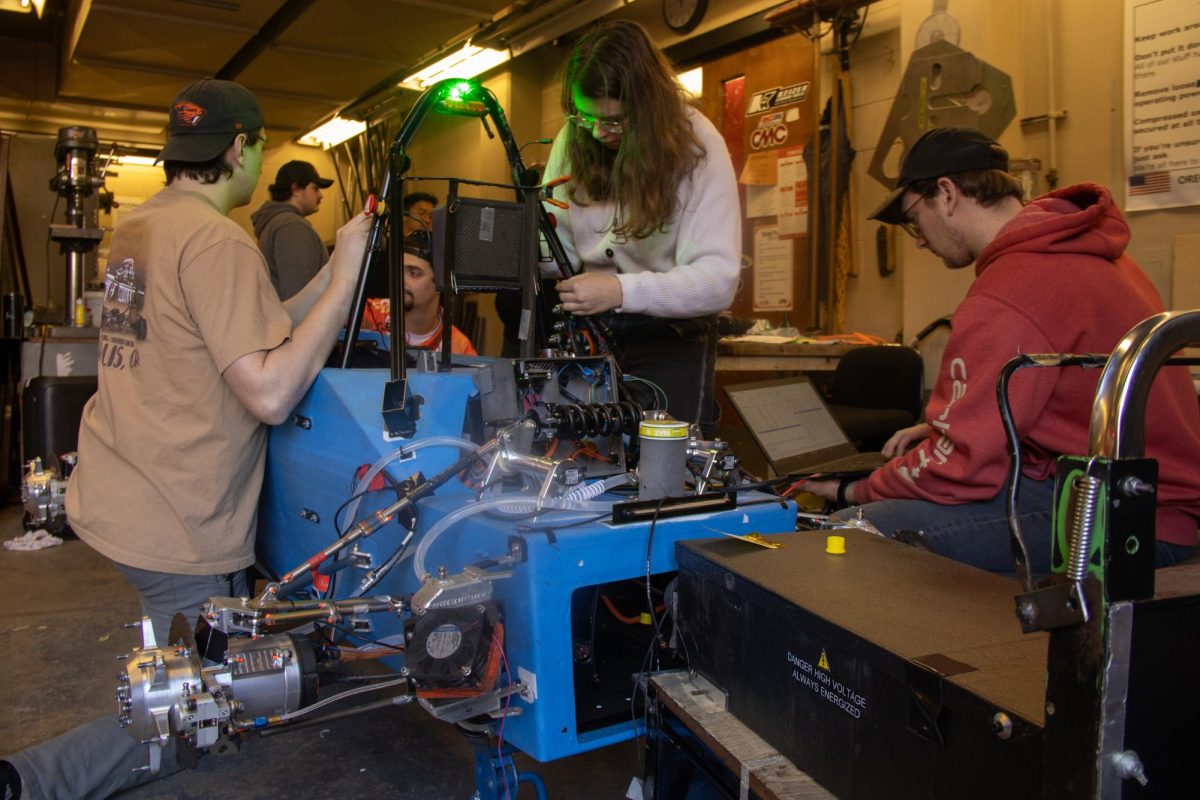



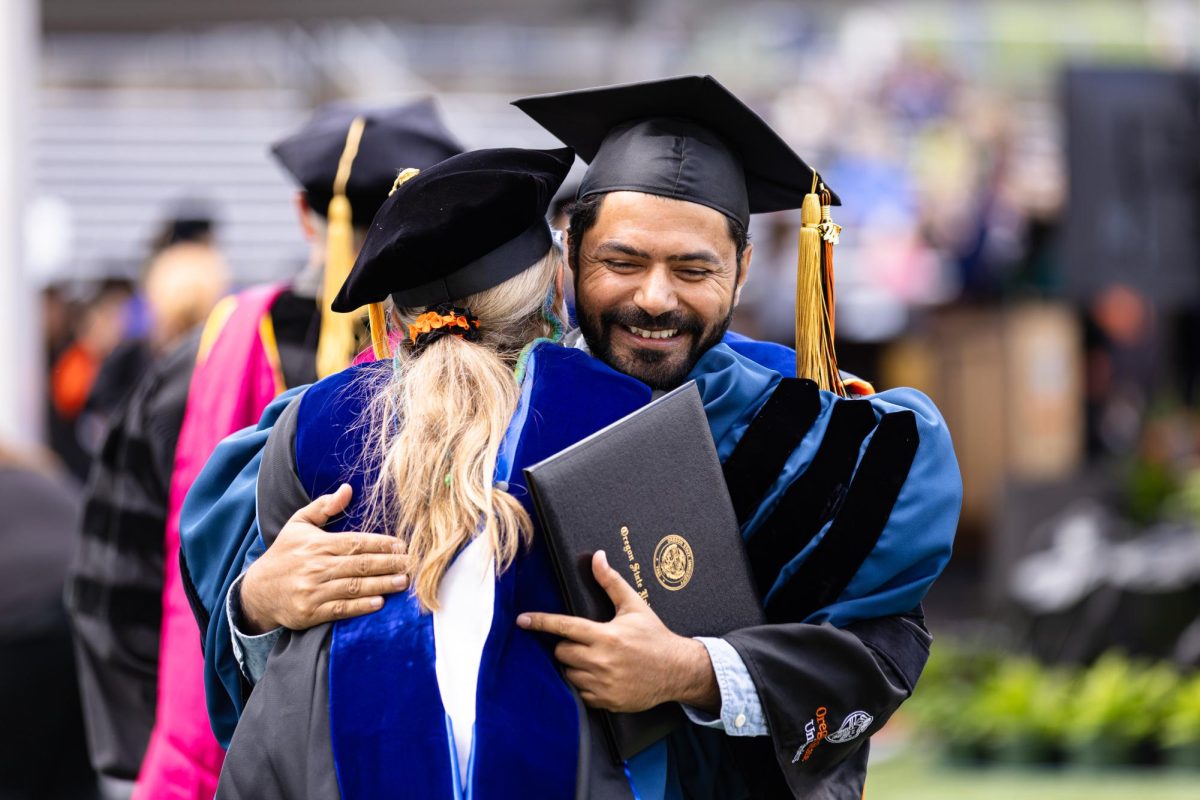












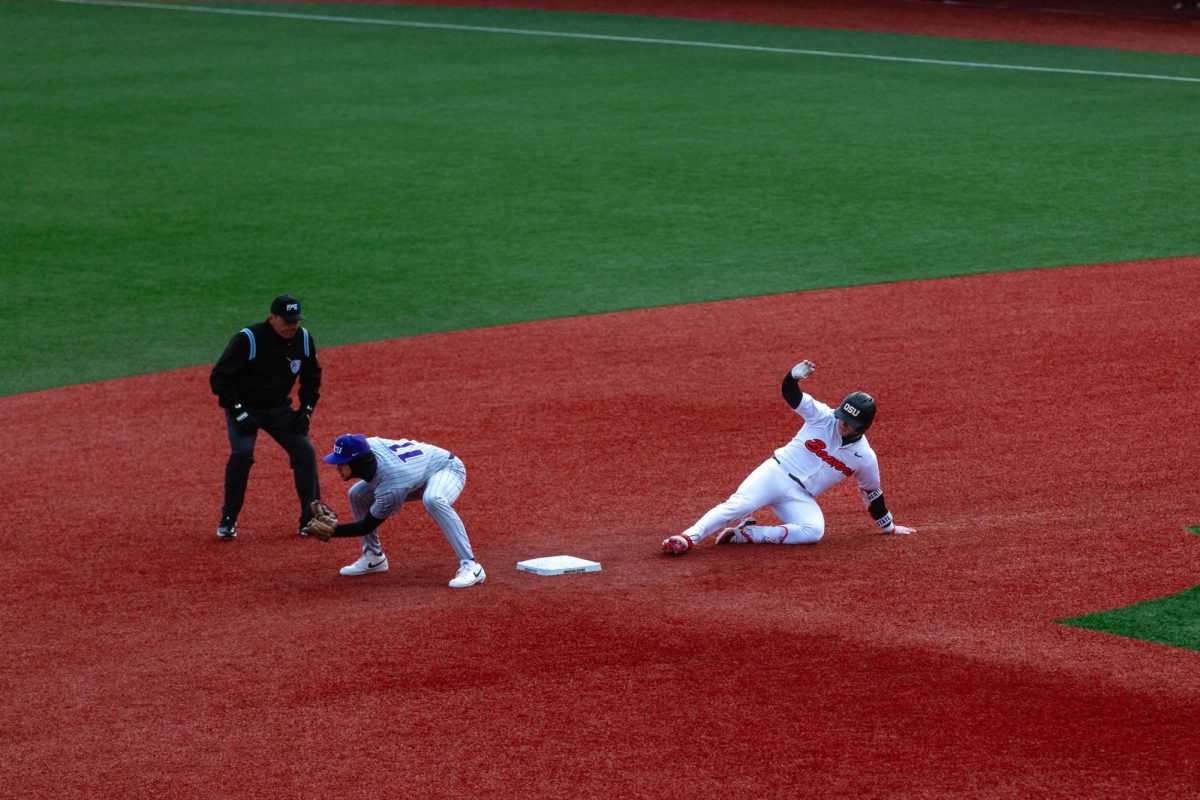
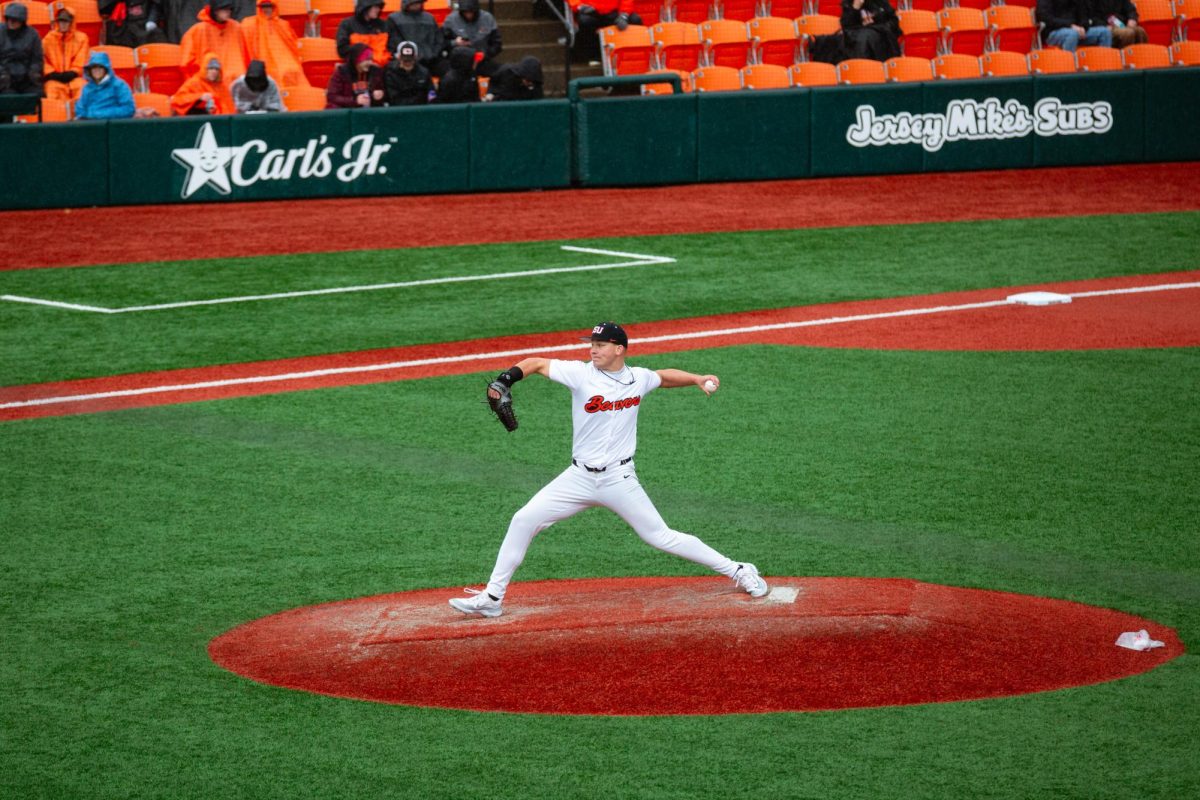


























































![Newspaper clipping from February 25, 1970 in the Daily Barometer showing an article written by Bob Allen, past Barometer Editor. This article was written to spotlight both the student body’s lack of participation with student government at the time in conjunction with their class representatives response. [It’s important to note ASOSU was not structured identically to today’s standards, likely having a president on behalf of each class work together as one entity as opposed to one president representing all classes.]](https://dailybaro.orangemedianetwork.com/wp-content/uploads/2025/03/Screenshot-2025-03-12-1.00.42-PM-e1741811160853.png)























